
“Oscar Wilde arrived here yesterday evening or rather, at our house at the Falls. I took a short walk with him before tea. He talks well but a little loud and with a little too much assertiveness…” — John Bigelow, Jr.
Early last month I made a supersonic visit to New York for two ultra-intensive days in the archives at the U.S. Military Academy at West Point.* My object: to consult the diaries of Col. John Bigelow Jr., an officer in the Indian Wars and one of the personalities I am writing about in my book on Far West Texas. I’ve posted on this unjustly little-known officer and military intellectual elsewhere on this blog (here and here) and published a paper about him for the Journal of Big Bend Studies. One of the several things I was searching for in his archive were any mentions of his encounters with the Irish writer Oscar Wilde–for I knew that in between postings to remotest of Texas forts with the 10th Cavalry, Bigelow had returned to West Point to teach, and there, a short walk away, where his family had a country house at Highland Falls, his parents hosted Oscar Wilde. Yes, the Oscar Wilde, international literary celebrity, who told U.S. customs on his arrival that he had “nothing to declare but his genius.” I found some choice quotes, not from Bigelow’s diaries, as I had expected, but in his letters to his fiancée, later wife, Mary Dallam. To wit:
West Point, November 21, 1881
…I hear that Oscar Wilde, having played himself out in England, is coming here to infatuate the American demoiselles. He will probably experience the disappointment of finding us on this side of the water in advance of England, rather than behind her, in recovery from the aesthete craze. There are not many symptoms of it now in New York. Yet one may once in a while see a girl on the street in a dress covered with gold colored patterns that make her look as if she were clothed in wall paper.
February 10, 1882
..I am especially sorry I could not be home Sunday as I missed seeing Oscar Wilde, who dined at our house that evening. I had seen him before at one of our receptions but had never had a good chance to hear him talk or to talk with him myself. From everything I learn about him I judge him to be a very companionable man. From the nature of your allusions to him I infer that he was not a social success in Baltimore. I think as little of his poetry as you do; nor do I much like his face. His mouth is not expressive of a delicate and refined instinct, and his hands are of the consistency of fresh bread. Nevertheless I am disgusted with the way in which he has been treated by a large part of our press and of our respectable population. There are young ladies in New York who talk about him as if he had come over here for the express purpose of captivating them and would have to regard his time and money wasted if he should not succeed in doing so! I believe Oscar Wilde is a man of rare talent and rare good taste. He believes in men dressing according to their individual taste and characteristics, not in knickerbockers unless that style of unmentionables especially becomes them.
August 29, 1882
…Oscar Wilde arrived here yesterday evening or rather, at our house at the Falls. I took a short walk with him before tea. He talks well but a little loud and with a little too much assertiveness. The loudness is due partly to nature and partly to his speaking in public, the assertiveness is due to his public speaking and to his being lionized. There is more grace in his body than in his voice or features. He went to the ball with Anny and Jenny + my mother… His coat was a black velvet swallow-tail of the style of the last century, with ruffles in the place of cuffs and a white puffy frill-trimmed kerchief… He wore black knee-breeches, black silk stockings, buckled shoes and white kid gloves. When he went out to get into the carriage I saw him in his long easy cloak, his old-time high-crowned soft-felt hat, with its broad brim turned up one side, showing to advantage his long hair underneath; he looked like a typical cavalier. I know that if you had seen him you would have wished as I did that there were such costumes to be seen…
August 31, 1882
Oscar Wilde left us today. He says he is to have a theater decorated to suit himself next winter in New York. He told us a good deal yesterday about Greece…
Sorry, no photos of that very photogenic snow-dusted campus at West Point. It was all I could do to work in the archives, then catch the shuttle to my hotel both days.
*It can be expensive indeed to travel to consult an archive, hence one must carefully guard one’s energies for long hours of laser-focus. My strategies include minimal socializing (I beg forgiveness of friends and family); no hither-and-thithering; eating only very lightly (preferably room service in the evening); sleeping as much as possible; showing up as close to when the archives open as possible, and staying glued to my seat, pencil in claw, until closing. I owe the warmest of thanks to the staff at the archives, most especially Susan Lintelman.
HONEY & WAX, ET AL
On this supersonic visit to New York I had but a mini-micro portion of a morning for shopping, and this being December, I had some to do. Since my dad’s family is from New York, the Rockefeller Center and the rest of tourist-clogged Fifth Avenue wasn’t anything novel for me, so I hopped over the river to peek into the Brooklyn Holiday Book Fair.
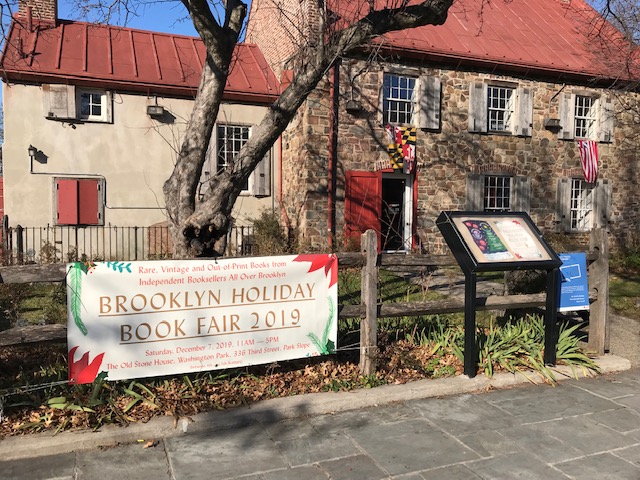
As those of you who follow this blog well know, I’m a rare book aficionada– as both a collector (in the peewee leagues thereof) and a writer with a few things to say about it all (see my Dispatch from Sister Republic or, Papelito Habla, a longform essay on the Mexican literary landscape and the power of the book). I also have a background as a (now armchair) economist, so I’ve had an eye on the rare book business from that angle, as well. Like the antiques business, and publishing, the rare book business has changed beyond recognition with the advent of Internet. Many of the changes frankly strike me as tragic losses. But there are some upsides. See for example these oral histories with members of the ABAA (Antiquarian Booksellers Association of America): Garrett Scott; Henry Wessells; and Heather O’Donnell of Honey & Wax Booksellers. The latter has been on my radar as one of the very few women in the trade and one of most dynamic of the new generation of rare book dealers. And here she is at the 2019 Brooklyn Holiday Book Fair!
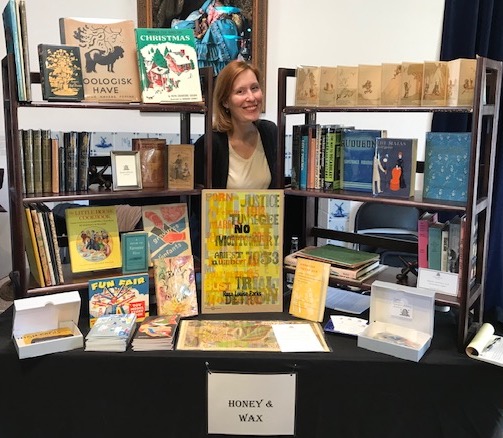
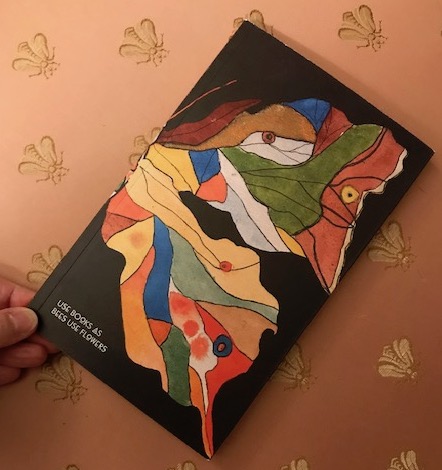
Her Honey & Wax catalogs are exemplars of elegance. And her inventory, whew! In the latest catalog: “Autumn Rain, Autumn Wind: Memorial for the Executed Revolutionary Qiu Jin,” 1907, USD 20,0000; a 1930s edition of the novels and some letters of Jane Austin, inscribed to E.M. Forster by Lytton Strachey, USD 9,500; and so on. Most of the Honey & Wax catalog items are a galaxy beyond my budget, but the offerings here in the Brooklyn Holiday Book Fair, if just as fancifully varied, and all in exquisite condition, were vastly more economical. For the price of pair of Keds, she sold me this sweet treasure, which I ended up keeping for myself:
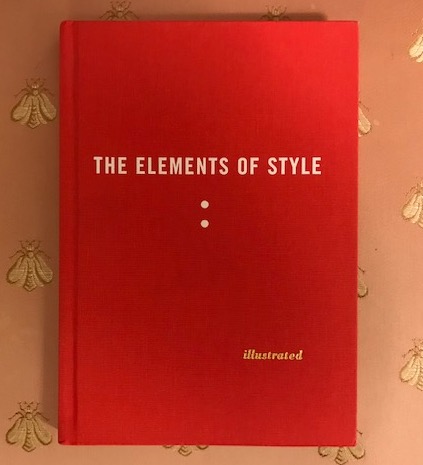
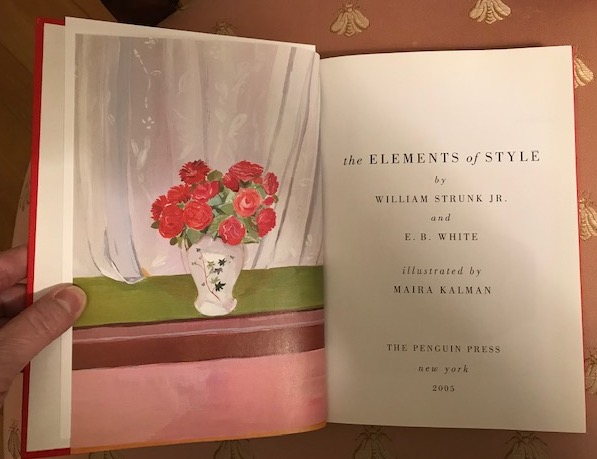
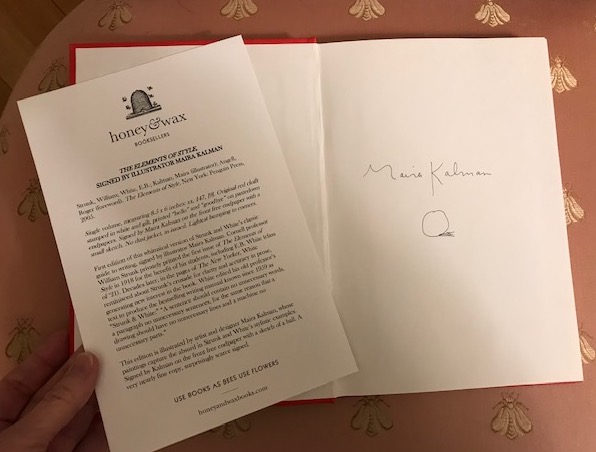
Also from my Brooklyn Holiday Book Fair haul, this handsome first edition of The Saga of Texas Cookery from Lizzy Young Bookseller:
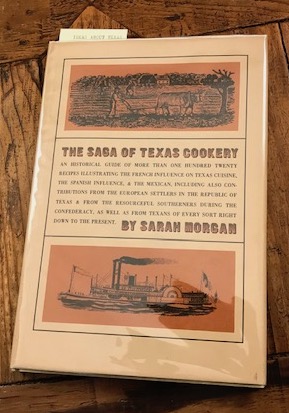
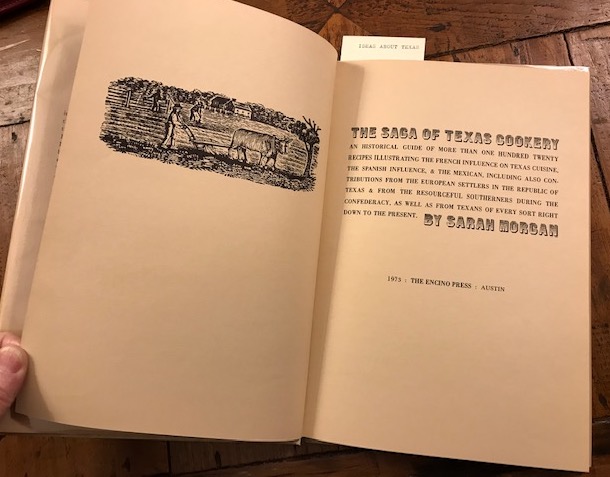
And for the price of a burger and fries (!!) I found this fine first edition from Enchanted Books:
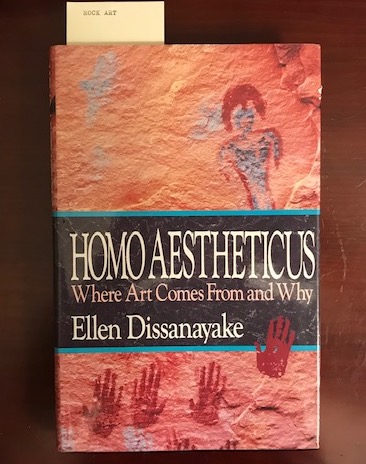
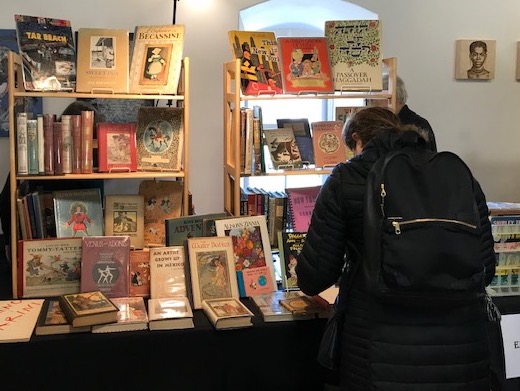
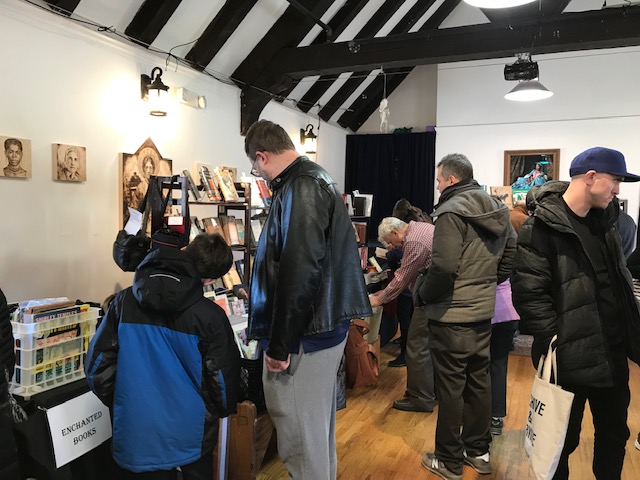
#
This blog posts on Mondays. Next post will be the fourth Monday Q & A with another writer.

Great Power in One: Miss Charles Emily Wilson
A Working Library: Further Notes and Tips
for Writers of Historical Fiction, Biography, History,
Travel Memoir / Essay, etc.
Find out more about
C.M. Mayo’s books, articles, podcasts, and more.

